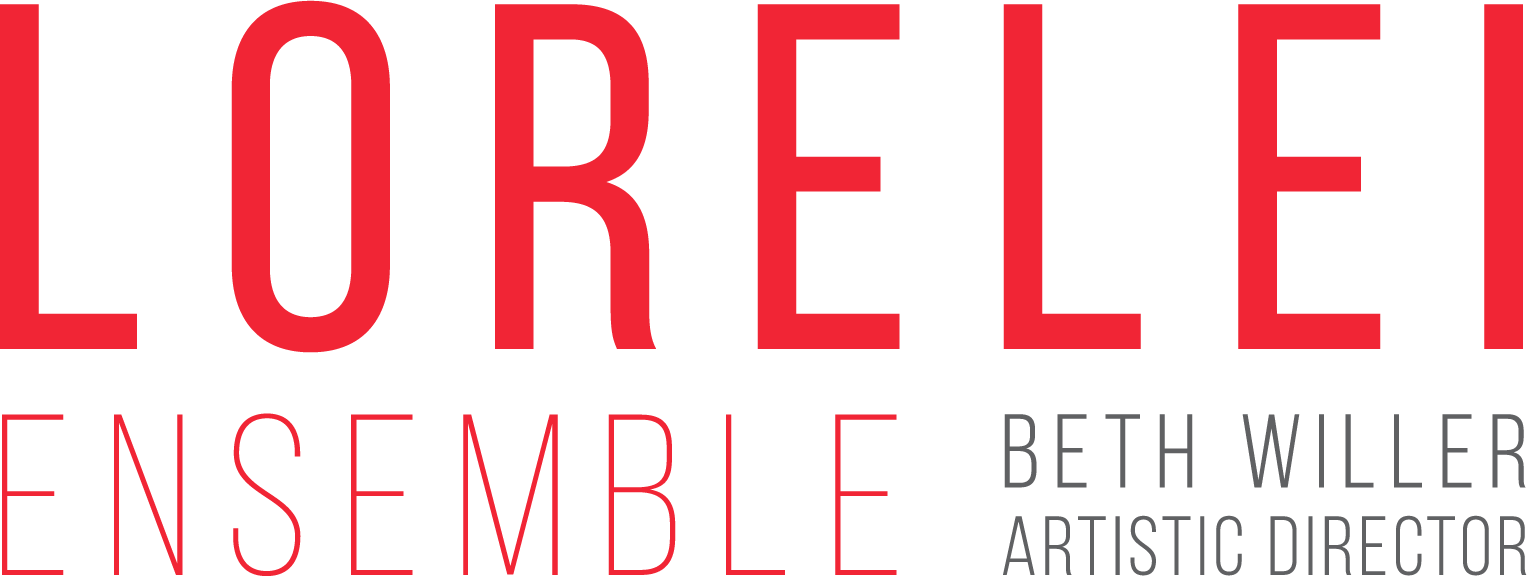Michelle Kennedy- soprano
In the wake of this historic election, I find myself thinking a lot about female empowerment.
We’re seeing more trailblazing female leaders at the table than ever before - from Stacey Abrams to Jill Biden, from Ayanna Pressley to AOC. Globally, female heads of state are setting the highest bar for pandemic leadership: notably Jacinda Arden, Tsai Ing-Wen, and Angela Merkel. And we have a Tamil Indian and Black American female VP heading to the White House in Kamala Harris! It feels like a new day.
What does this mean for me as an artist in this moment? How can I use my voice to be of service in this essential work?
I want to sing in projects that lift up the freedom fighters and civil rights activists who paved the way. I want to honor our forebears who fought hard for ratification of the 19th Amendment and the 1965 Civil Rights Act, then made it possible for myself and other Black women to vote. Fannie Lou Hamer. Lucretia Mott. Ida B. Wells. Susan B. Anthony. American heroes, all.
Enter Julia Wolfe and her brilliant work. One thing that I deeply admire about Julia’s music is that it celebrates the voices of marginalized people and the historic movements that empowered them. She writes about the harsh lifestyle of Pennsylvania coal miners in Anthracite Fields, and the legend of fictional railway miner John Henry in Steel Hammer, both pieces about hard-working people living in poor, often tragic conditions.
Along similar lines, Julia’s tour de force Fire in my mouth is also about American labor and its human cost: a commemoration of lives lost in the 1911 Triangle Shirtwaist Factory fire. I was honored to premiere this work with The Crossing and The New York Philharmonic in January 2019, and its four movements keep coming back to me this season. They resonate deeply with the transformation of our personal lives and our national landscape in 2020:
Immigration: aspiration, profound change, and hope for new growth amidst many unknowns.
Factory: the quiet rhythms of daily work, finding sisterhood across cultural differences.
Protest: rage about injustice, and anger to fuel the fight for workers’ rights, esp. for women.
Fire: a vigil for those we have lost, and honor and respect for those who have gone before.
Personally speaking, singing this piece beside 35 other women was a profound and lasting experience. The emotional progression felt so vivid and so real: we went from youthful excitement and hope to a painful awakening upon witnessing the harsh, demanding conditions of factory work for immigrant women. And then we moved into anger: Julia gave us a whole protest movement fueled with rage, and fully embodied singing to match.
I’d never in my life felt safe enough to be that angry on stage before. It made me think about how women are often conditioned to remain quiet, to look pretty, and to take up as little space as possible. In that way, Julia’s concert-length work - in giving us the space to hope and dream and rage and mourn without apology - was a masterpiece in feministic expression.
It was one of the most visceral and electrifying experiences of my life. I will never forget that.
And I can’t wait to sing Julia’s Her Story with Lorelei when the moment finally comes. It will be a culmination of the extraordinary emotional journey that we have all felt during this wild season: a living, breathing sisterhood. Just the kind of powerhouse celebration of the female voice that the world so sorely needs.

